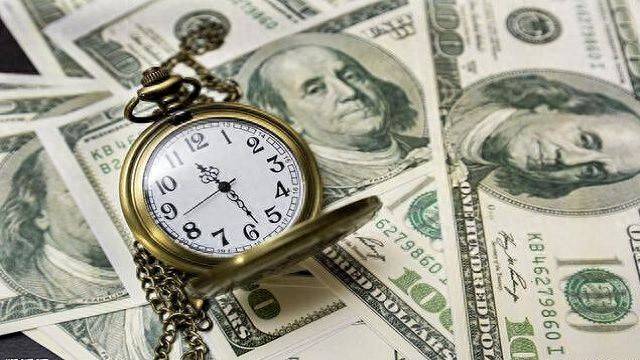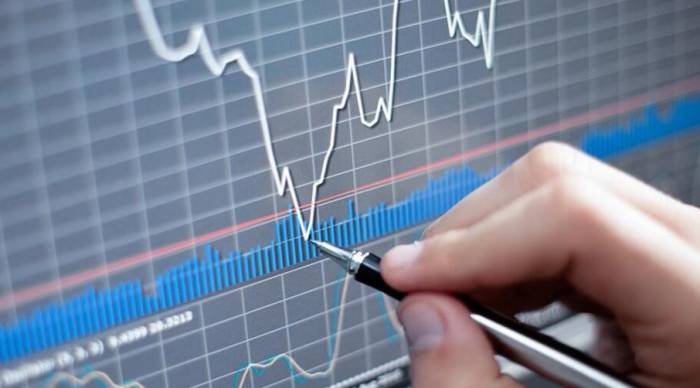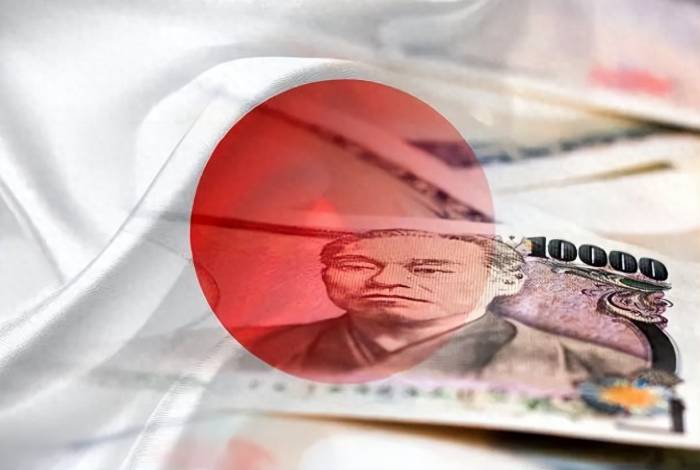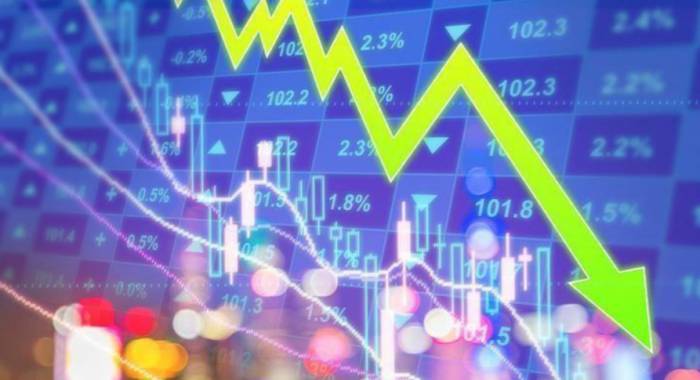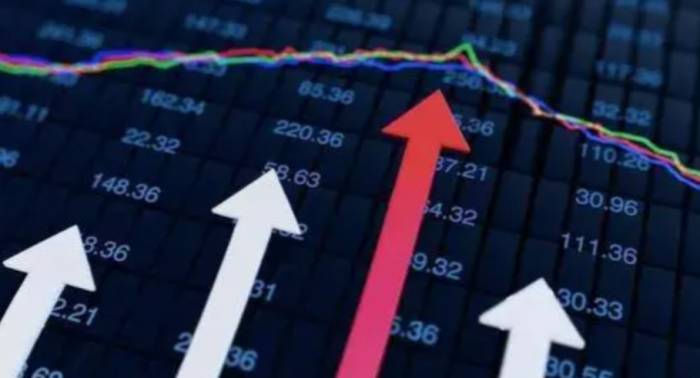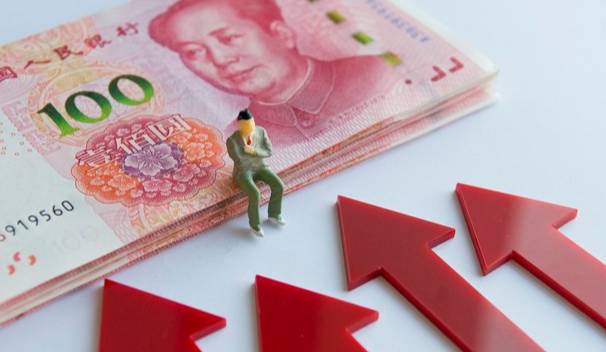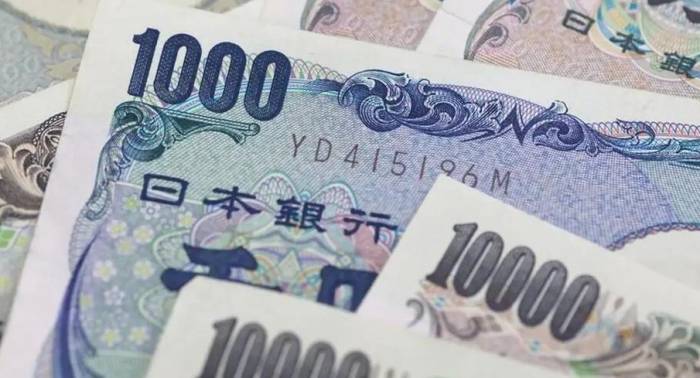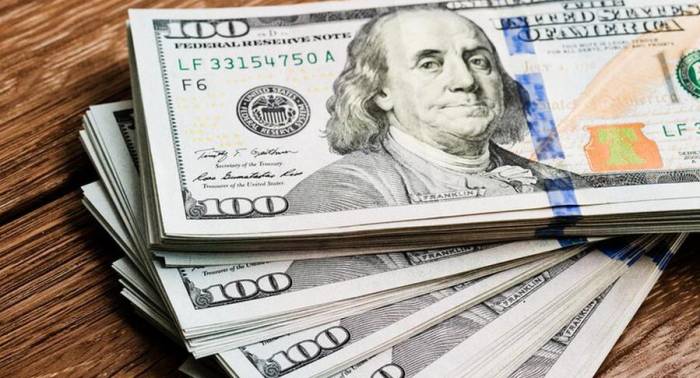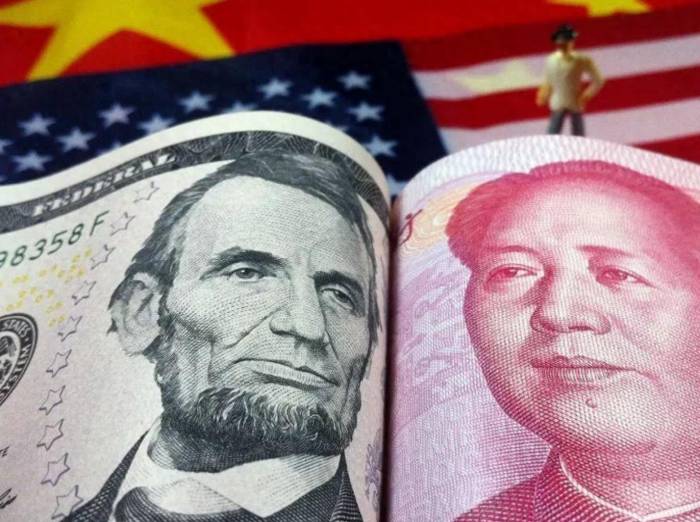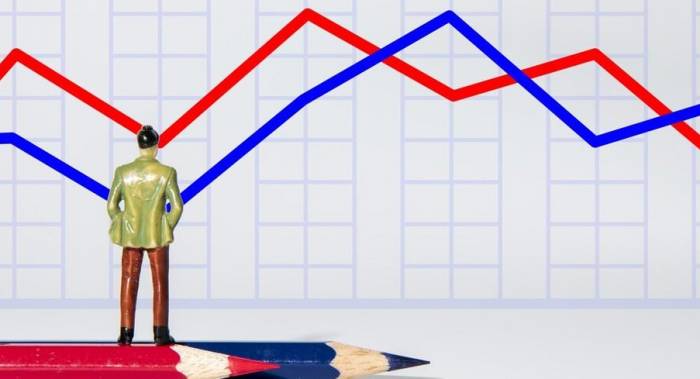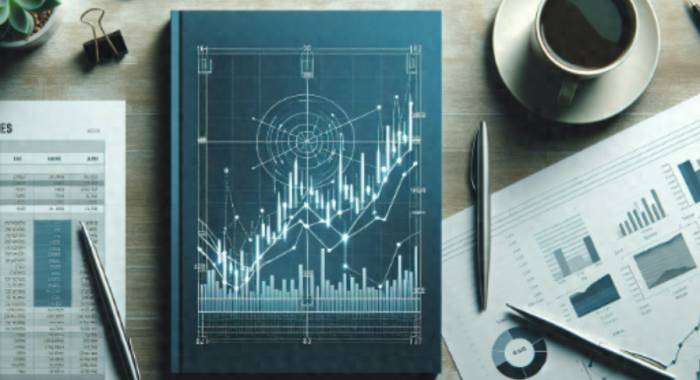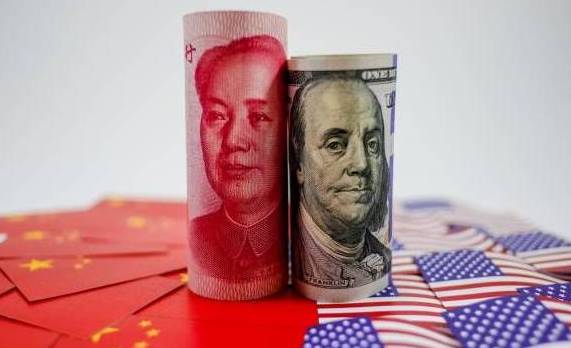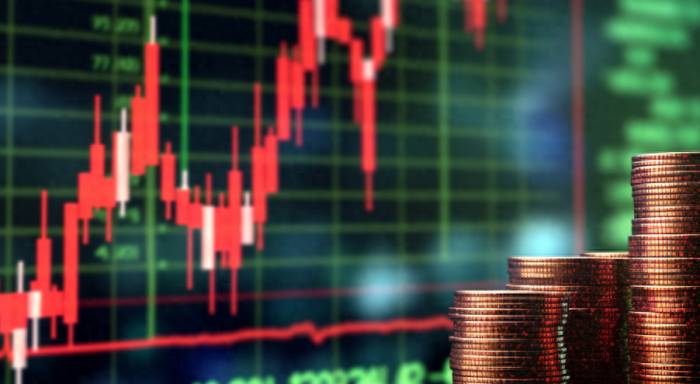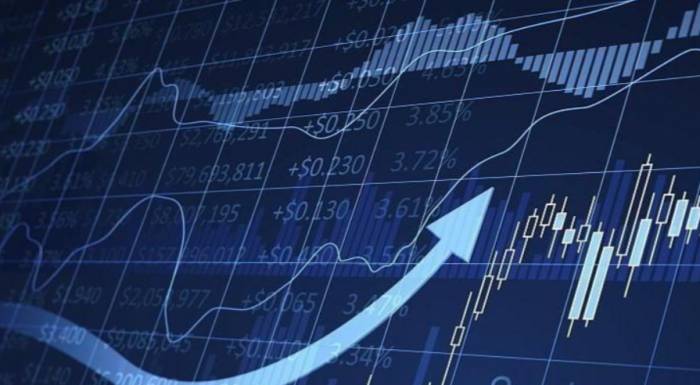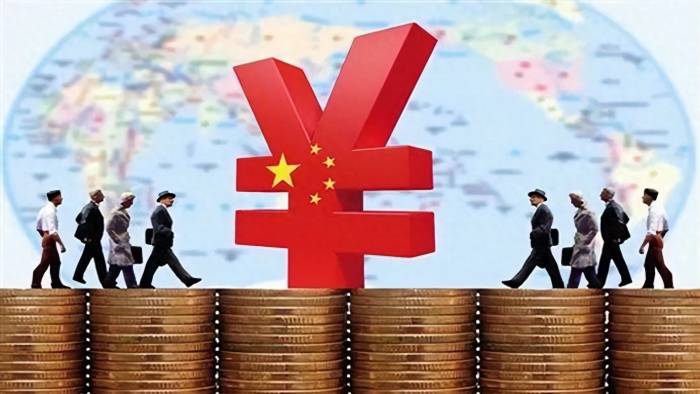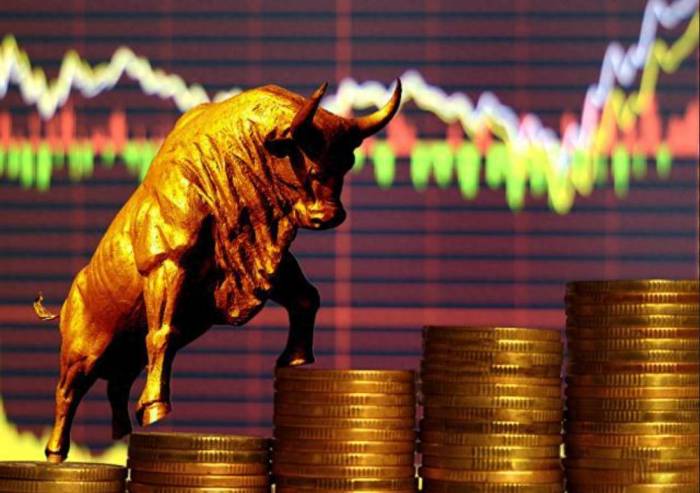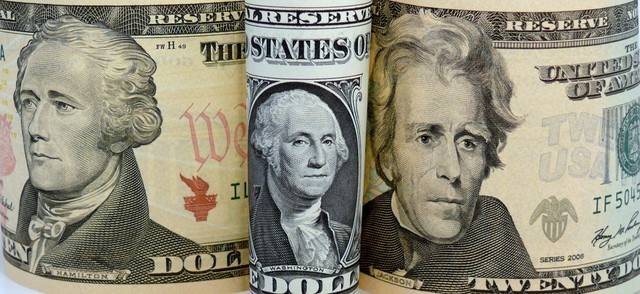In recent days, sentiment surrounding China's financial assets has undergone a seismic shift. Many who were initially skeptical about the potential for a surge in Chinese markets are now thoroughly convinced and anxious about missing out on what they perceive to be a once-in-a-lifetime opportunity for wealth creation. This remarkable change is not just limited to local investors; it seems that even entities like the Federal Reserve never anticipated the magnitude of benefits stemming from a fresh wave of monetary easing favoring China.
The global gaze is increasingly directed toward China, with interest from the world's largest asset management firms transforming from a wait-and-see approach to an aggressive 'all in' strategy. This influx of substantial capital from diverse sources is not only inflating asset prices within China but is simultaneously causing distress in foreign markets, leading to significant capital flight elsewhere.
As evidence of this trend, trading volume across the Shanghai and Shenzhen markets recently eclipsed a staggering 26 trillion yuan. Such figures are unheard of in most financial contexts and indicate a fervent market atmosphere. Notably, Castle Securities, a prominent American market maker, announced plans to apply for a wholly-owned stock brokerage license in China, highlighting the country's increased attractiveness to foreign investors. The firm had previously attempted to acquire a stake in Credit Suisse’s securities arm, signaling its serious intentions in the region despite the deal falling through over price disagreements.
Castle Securities is now establishing its headquarters in Shanghai where it plans to focus initially on brokerage services aimed solely at institutional investors, with retail brokerage service not presently on the agenda. This move reflects a broader trend as foreign capital races to stake a claim in China’s promising financial landscape. Today’s surge in capital has been starkly visible, as several key performance indicators reached record highs including an impressive increase of over 8.5% in the Shanghai Composite Index and a 15% jump in the ChiNext index, which is known for its focus on high-tech and innovative companies.
However, attributing such notable gains merely to a valuation bounce would be misleading. The robust trading volumes and rapid rises are more indicative of heightened confidence in the prospects for China's economy and asset values. This stands in stark contrast to Japan, where a change in leadership has evoked significant market apprehension due to the new Prime Minister’s hardline stance. The Japanese yen has risen while the Nikkei index has plummeted, losing almost 5% on September 30 alone, signaling an exodus of capital from the Japanese markets.
If immediate action isn’t taken by Japan's authorities, analysts warn that further declines in the Nikkei index could occur, potentially reaching a point where it triggers market halts. Conversely, stock markets across the Asia-Pacific region, including those in South Korea, India, Thailand, and Vietnam, are predominantly experiencing downtrends around 1% with the exception of the burgeoning Chinese market which has attracted global capital like a magnet.
Among the rising global apprehensions is the situation concerning US stocks. Currently, the Federal Reserve's monetary easing cycle has prompted expectations of a total reduction in interest rates by 150 basis points within the year. Despite these dovish signals, US stock indices have remained relatively static, exposing cracks within a seemingly solid market structure. The buoyancy of the US market, propped up by AI hype, faces potential exposure given recent reports suggesting that Apple has withdrawn from negotiations on funding OpenAI, the company behind the widely-discussed ChatGPT.
With OpenAI's valuation reaching an astronomical $150 billion, the absence of tangible returns raises eyebrows about sustainability. In retrospect, the exuberance surrounding AI might turn out to be reminiscent of the dot-com bubble of 2000, where investor euphoria met with harsh reality, leaving many to reassess their positions. A sudden fallout from the AI hype could usher in a turbulent market environment akin to previous downturns where, regardless of Federal Reserve interventions, the consequences for dollar assets could be dire.
Of great concern is the erosion of confidence in the dollar itself. Over recent years, the United States wielded its dollar-based settlement system aggressively, imposing sanctions on nations like Iran and Russia, which has led to a significant decline in the dollar's share of global foreign reserves, reaching the lowest level in 28 years. The credibility of the dollar is thus at a crossroads, and unless steps are taken to restore its reputation, the ramifications could be severe.
Moreover, the upward valuation of dollar assets during the period of rising interest rates poses a looming risk. Once the tide recedes, investors will quickly realize who has been "swimming naked," leading to a reevaluation of the attractiveness of US equities, potentially prompting a reallocation of capital to places offering better returns. This trend cannot simply be reversed by the Fed’s rate cuts.
The current economic crisis facing the United States, although perhaps less severe than those experienced in 2008, reflects a fundamental shift. The dollar faces competition and its credibility is under scrutiny. Restoring the dollar to a position of trust and strength requires more than just skirmishes in global politics; it demands a concerted effort to mend relations, ensure stability, and reassure investors of the dollar's reliability. A small-scale conflict will not suffice to reinstate the dollar’s former glory within the global financial framework.


